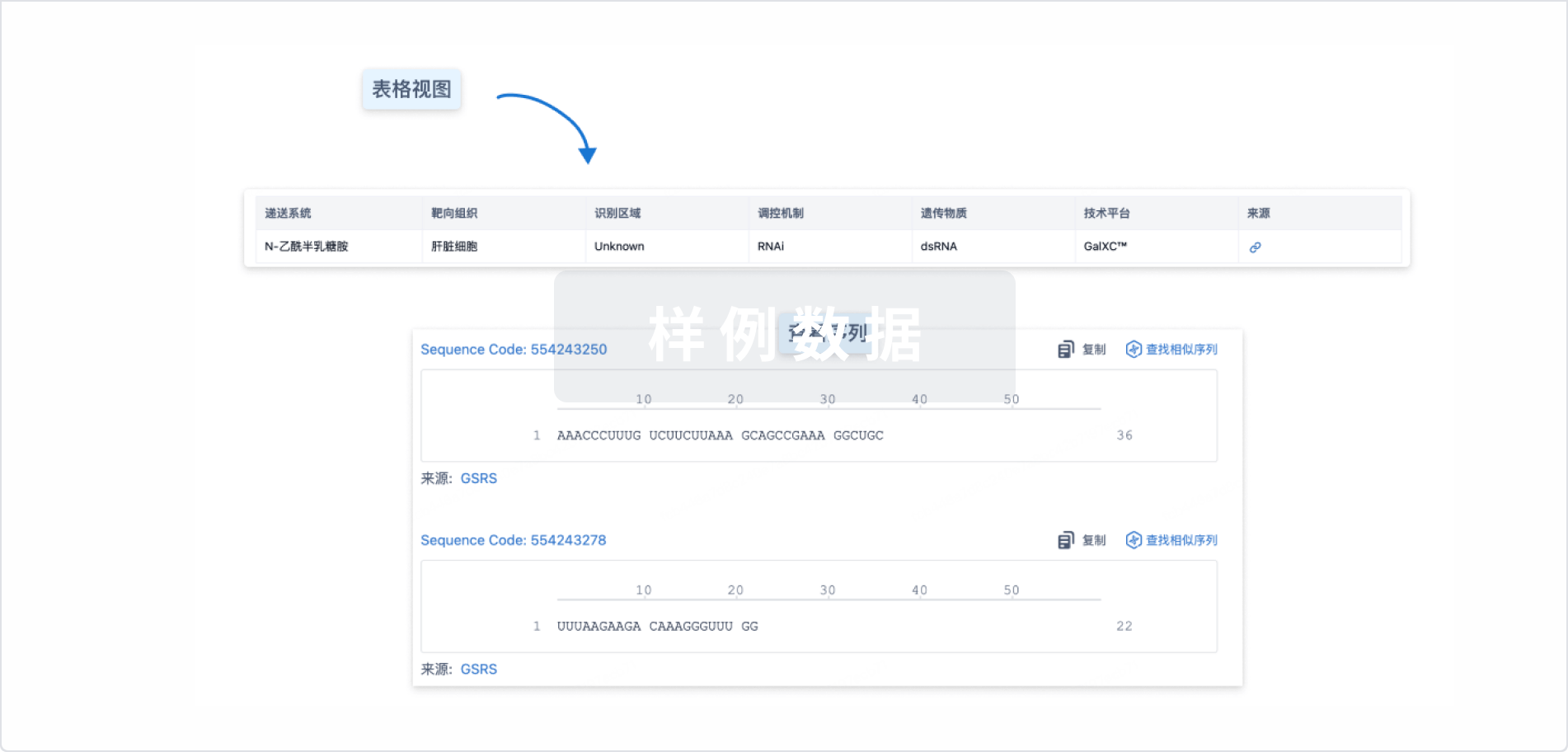Hepatocellular carcinoma (HCC) is the most common primary liver cancer worldwide and no pharmacological treatment is available that can achieve complete remission of HCC. Phospholysine phosphohistidine inorganic pyrophosphate phosphatase (LHPP) is a recently identified HCC tumor suppressor gene which plays an important role in the development of HCC and its inactivation and reactivation has been shown to result in respectively HCC tumorigenesis and suppression. Small activating RNAs (saRNAs) have been used to achieve targeted activation of therapeutic genes for the restoration of their encoded protein through the RNAa mechanism. Here we designed and validated saRNAs that could activate LHPP expression at both the mRNA and protein levels in HCC cells. Activation of LHPP by its saRNAs led to the suppression of HCC proliferation, migration and the inhibition of Akt phosphorylation. When combined with targeted anticancer drugs (e.g., regorafenib), LHPP saRNA exhibited synergistic effect in inhibiting in vitro HCC proliferation and in vivo antitumor growth in a xenograft HCC model. Findings from this study provides further evidence for a tumor suppressor role of LHPP and potential therapeutic value of restoring the expression of LHPP by saRNA for the treatment of HCC.







